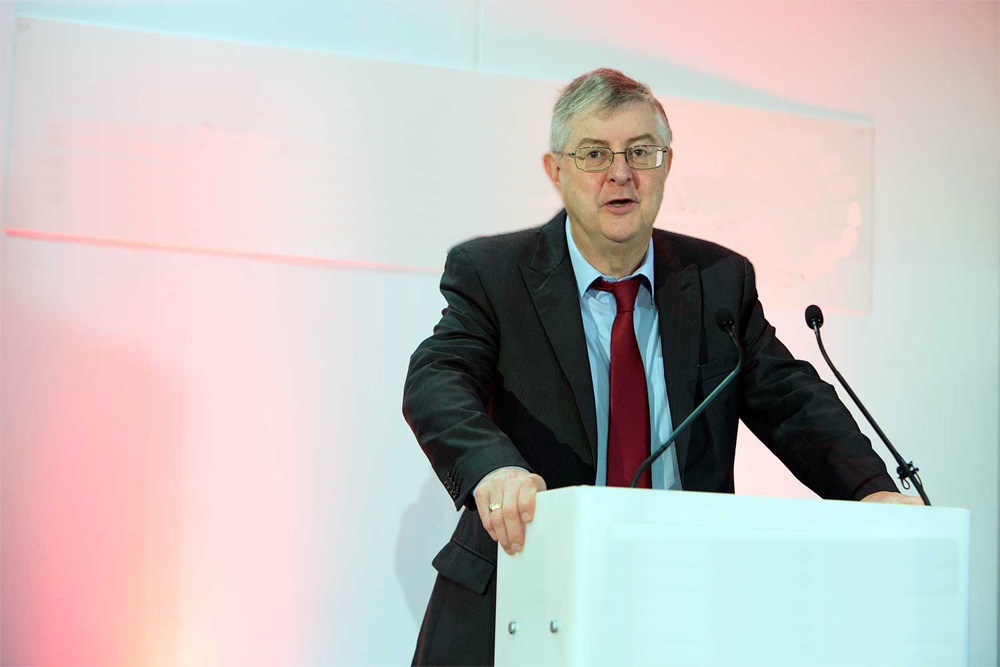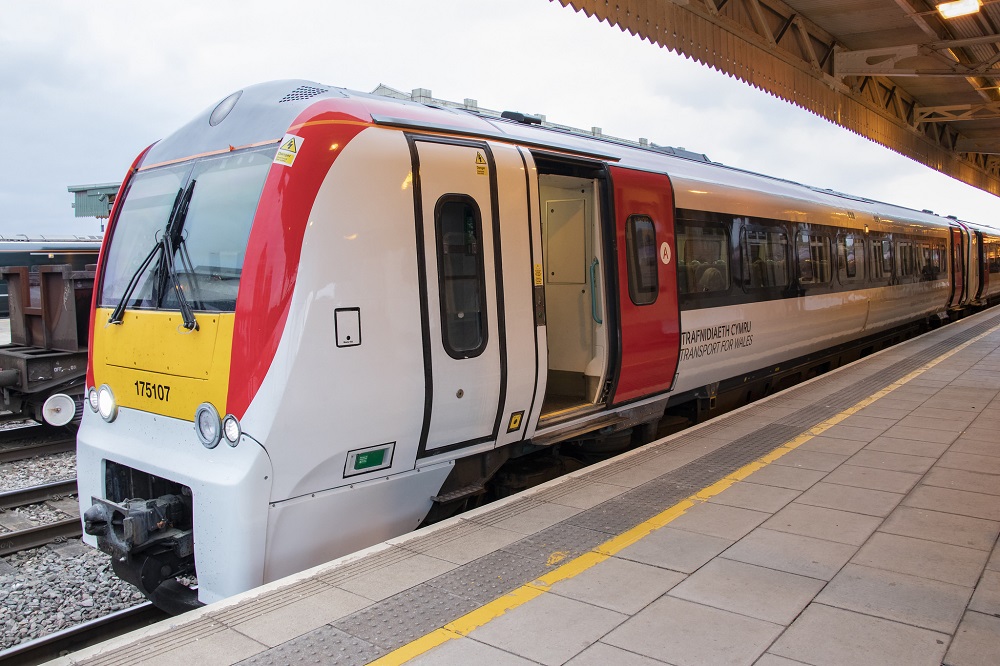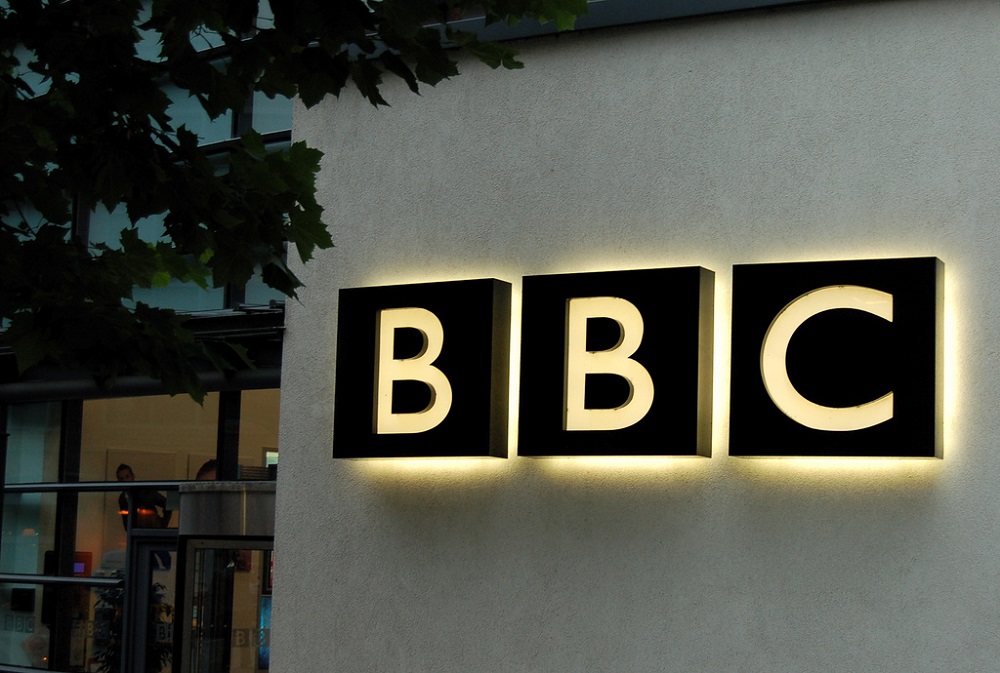Today’s Senedd Roundup: Health Minister backed ahead of no confidence debate

Owen Donovan, Senedd Home
Health Minister backed ahead of no confidence debate
First Minister’s Questions
As the fallout continues from last week’s reports into the Cwm Taf maternity service scandal, Leader of the Opposition, Paul Davies AM (Con, Preseli Pembs.) asked straight-up whether the First Minister still had confidence in his Health Minister (a motion of confidence is due to be debated tomorrow).
“….look at the facts and let’s look at your Minister’s record, shall we? Since Vaughan Gething became Health Minister in 2014, there has been a catalogue of failures – five out of seven health boards are in special measures or targeted intervention. The A&E waiting time target of 95% of patients being seen in four hours has never been met….Under Vaughan Gething’s leadership, the number of patients seen within four hours has shockingly dropped further from 86% when he was appointed in 2014, to a disgraceful 78% now.”
– Leader of the Opposition, Paul Davies
The First Minister accused Paul Davies of offering a “partial and distorted account”; under Vaughan Gething ambulance response times have improved since a new traffic light call recording system was introduced. The Health Minister also took decisive action in ordering the reviews at Cwm Taf in the first place. The Health Minister’s response has been “commendable”.
Poverty is unacceptable; it’s austerity’s fault
Filling in for Adam Price, Rhun ap Iorwerth AM (Plaid, Ynys Môn) asked about poverty rates; 29% of children in Wales were living in relative poverty – was that acceptable?
“Of course, that is unacceptable, Llywydd. In the first decade of devolution, the number of children living in poverty in Wales went down year-on-year. What we’re talking about is the period of austerity….We are doing everything that we can as a Government, but the responsibility lies in the hands of the United Kingdom Government, because of the actions they’ve taken in the field of benefits, for example. That is what is creating the numbers of children living in poverty in Wales.”
– First Minister, Mark Drakeford (Lab, Cardiff West)
Rhun wasn’t going to stop there. Numerous governments in the Senedd have missed poverty reduction targets. In a few weeks time, AMs will debate a cross-party motion calling for a comprehensive anti-poverty strategy. Backbenchers are eager to take action, but the Welsh Government isn’t.
The First Minister rejected that view. There have been a number of actions taken by the government to assist children in relative poverty, such as school uniform grants, free school meals and taking a national approach to tackle hunger during school holidays.
Are private hospitals filling a community hospital shaped gap?
Llyr Gruffydd AM (Plaid, North Wales) asked about community hospitals, to which the First Minister said that moving services from acute hospitals to community hospitals was central to the NHS’s future, demonstrated by a £40million investment in a new community hospital at Rhyl. But….
“Would you agree with me that a private hospital that’s about to be built in the St Asaph area shows that the closure of community hospitals back in 2013 was a mistake? Because some 50 beds were lost when the community hospitals were lost in Flint, Llangollen, Prestatyn and Blaenau Ffestiniog. Now, many of us warned….at the time that that step-up, step-down provision was required, particularly with an ageing population in north Wales. But the health board and your Government insisted on the closure of those hospitals.”
– Llyr Gruffydd AM
The First Minister didn’t agree with it at all. It’s crucial that community hospital services are modernised and at many new community hospitals more services are provided to their respective communities that were there before. The fact a private hospital has been planned in north Wales didn’t mean anything regarding public sector services in north Wales.

Transport for Wales should prove itself before taking on extra responsibilities
Economy & Infrastructure Committee
The Future Development of Transport for Wales (pdf)
“The overriding view is that there is no clarity about where Transport for Wales (TfW) ends and Welsh Government begins, and where the various responsibilities lie.
“Although we accept that TfW is a new and developing organisation, which until now has been focused on successfully delivering the new rail franchise, this lack of clarity cannot continue much longer.”
– Committee Chair, Russell George AM (Con, Montgomery)
Transport for Wales was established as an arms-length body responsible for delivering the new Wales & Borders rail franchise and South Wales Metro.
TfW needs to improve engagement & transparency
The Committee concluded that when it comes to engaging with various transport organisations (i.e. Sustrans) on a one-to-one basis, TfW has done a good job. When it comes to the public, however, the picture is less good. It’s difficult for members of the public to find the same information that’s been made available to organisations and there’s a sense that TfW is geared more to work with transport professionals than people who regularly use their services.
As it’s a relatively new organisation a certain lack of transparency is to be expected, but there’s a lack of clarity over its governance arrangements – in particular just how arms-length it is from the Welsh Government, as well as what its future role and remit will be. Some witnesses suggested TfW should produce quarterly reports on its work.
There were mixed views from trade unions too. Train driver union ASLEF said relations with TfW Rail are so far better than Arriva, but PCS and Prospect criticised an over-reliance on consultants, some of whom were accused of presenting civil servants’ work as their own.
It’s unclear how TfW would fit into Joint Transport Authorities
Last year, the Welsh Government launched a white paper on public transport and has proposed establishing Joint Transport Authorities at a regional and (possibly) national level. Some witnesses were confused over what TfW’s role would be: Would it become the National Transport Authority for Wales?
Chief Executive of TfW, James Price, told the Committee there were several different ways TfW could operate, but the Committee believes an organisation along the same lines as Greater Manchester Transport for the whole of Wales would be difficult due to Wales’ geography and different population densities.
There were also queries as to why TfW has been set up as a limited company and not as a government agency (like Transport for London)? Normally this would be done so the organisation can offer private sector-style salaries, but there’s no evidence of this at TfW.
The Welsh Government said it was entirely down to flexibility as TfW’s role doesn’t need to be set out in legislation meaning it’ll be far easier for additional responsibilities to be designated to TfW in the future.
TfW needs to prove itself before being given additional responsibilities
Many witnesses said TfW shouldn’t “run before it can walk” and TfW was in broad agreement with this view, though James Price hinted that they could be ready for additional responsibilities sooner than expected.
Some additional responsibilities suggested by witnesses to the Committee include highways, integrated ticketing, general transport planning, bus services and taking on a greater role to promote and enhance active travel (given the perceived failure of local authorities with regard the Active Travel Act).
The Welsh Government’s vision if that most, if not all, public transport services would be taken over by TfW, though witnesses were more cautious; for example, commissioning local bus services is perhaps better undertaken at local authority level.

Government criticism of BBC Radio Wales format changes
Deputy Minister for the Economy, Lee Waters (Lab, Llanelli), has raised objections with Ofcom over a decision by BBC Wales to change the format of morning programming on BBC Radio Wales.
Good Morning Wales has been dropped and will be replaced with what’s described as a “magazine-style show”, presented by Claire Summers, which will provide news but will also focus on lighter subject matter.
The Deputy Minister, alongside many other AMs, voiced concerns that this will lead to a reduction in current affairs and political content for Welsh audiences.
“I think the editorial independence of the BBC is very important but we think the Welsh media ecosystem is so fragile that, after some consideration, we felt it was justified.
“If Good Morning Wales does not exist, or an equivalent serious news programme does not exist, there would be no serious news programme for Wales on the radio in that agenda-setting slot.”
– Deputy Minister for Economy & Transport, Lee Waters
In an unusual and unprecedented step, this stance has been officially adopted by the Welsh Government. However, Deputy Minister for Culture, Dafydd Elis-Thomas (Ind, Dwyfor Meirionnydd) – who’s notionally responsible for broadcasting policy – said it “wasn’t my opinion at all” adding that it wasn’t his place to interfere in editorial decisions by broadcasters.
Support our Nation today
For the price of a cup of coffee a month you can help us create an independent, not-for-profit, national news service for the people of Wales, by the people of Wales.




